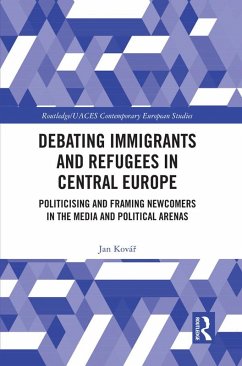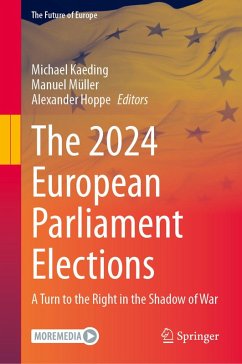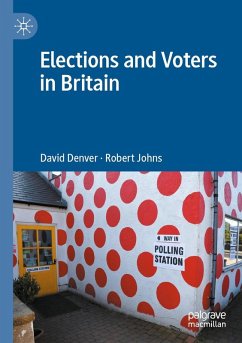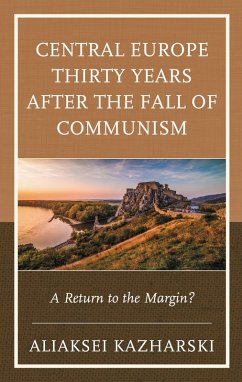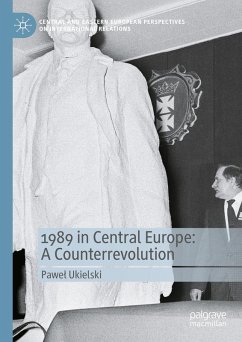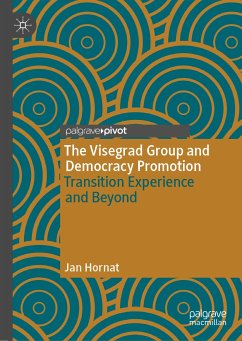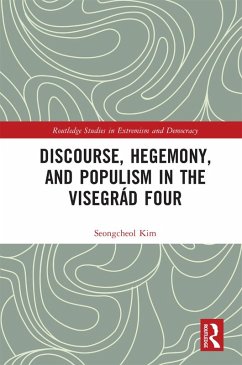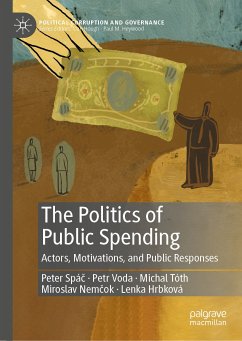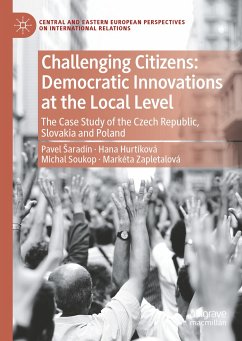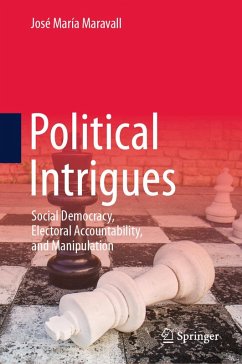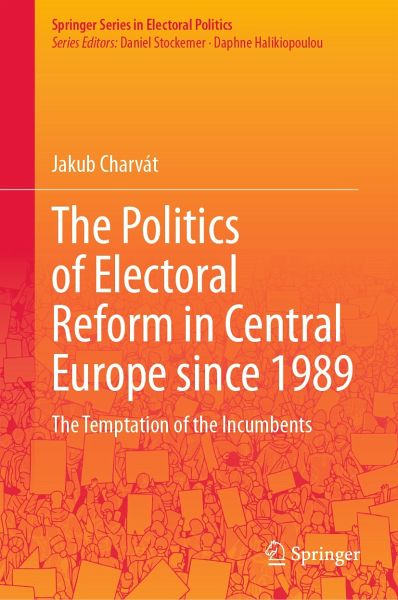
The Politics of Electoral Reform in Central Europe since 1989 (eBook, PDF)
The Temptation of the Incumbents
Versandkostenfrei!
Sofort per Download lieferbar
88,95 €
inkl. MwSt.
Weitere Ausgaben:

PAYBACK Punkte
44 °P sammeln!
This book on the politics of electoral reform in Central Europe since 1989 explains by whom, why, and how the electoral rules were changed in Central Europe in the post-Communist period. Examining the contextual factors affecting, underlying, and/or initiating these changes, the book identifies main actors, their motivations, and other circumstances surrounding the electoral reform processes. It further explores their political consequences, particularly on proportionality and personalization. Based on a detailed analysis of electoral reform processes in Czechoslovakia, Czechia, Hungary, and S...
This book on the politics of electoral reform in Central Europe since 1989 explains by whom, why, and how the electoral rules were changed in Central Europe in the post-Communist period. Examining the contextual factors affecting, underlying, and/or initiating these changes, the book identifies main actors, their motivations, and other circumstances surrounding the electoral reform processes. It further explores their political consequences, particularly on proportionality and personalization.
Based on a detailed analysis of electoral reform processes in Czechoslovakia, Czechia, Hungary, and Slovakia over the past thirty years, the book discusses how the politics of electoral reform in Central Europe is mostly driven, controlled, and decided by politicians, with other actors being either overlooked or ignored. Finally, it argues that most of the cases were imposed by an elite majority, with the sole exception of the Czech Republic, where the politics of electoral reform were influenced by the intervention of the constitutional court as an external actor.
The book will appeal to students, researchers, and scholars of political science interested in a better understanding of electoral politics in general, as well as democratic transformation processes and electoral reform in Central Europe.
Dieser Download kann aus rechtlichen Gründen nur mit Rechnungsadresse in A, B, BG, CY, CZ, D, DK, EW, E, FIN, F, GR, HR, H, IRL, I, LT, L, LR, M, NL, PL, P, R, S, SLO, SK ausgeliefert werden.



